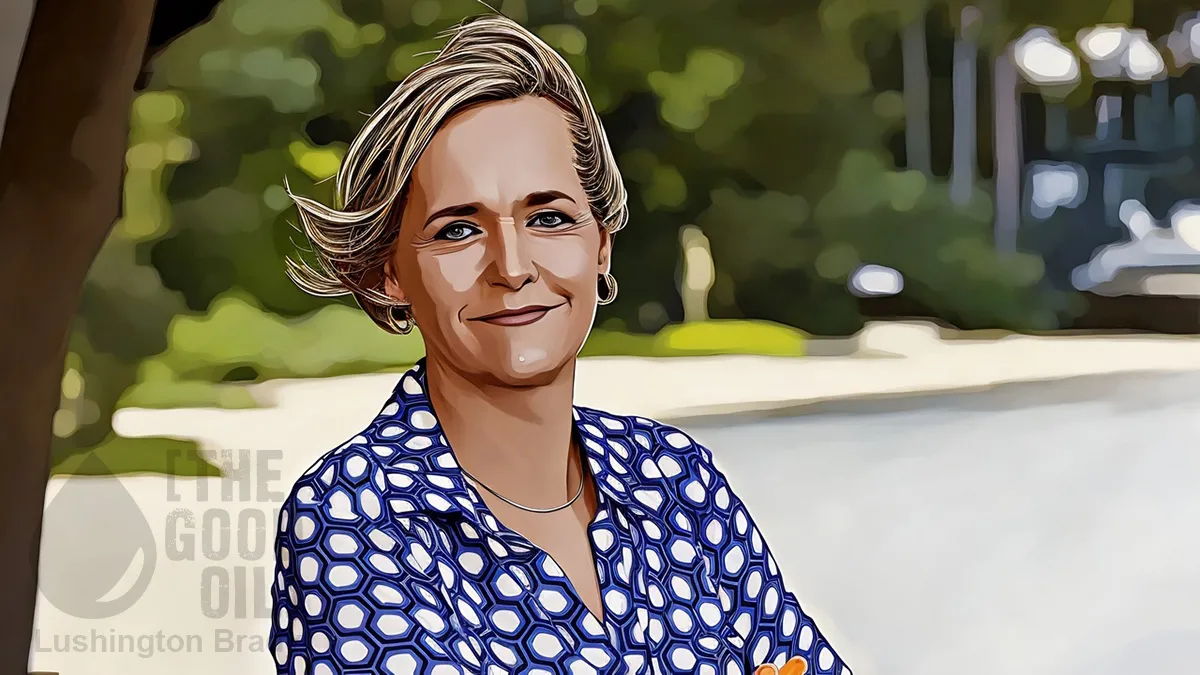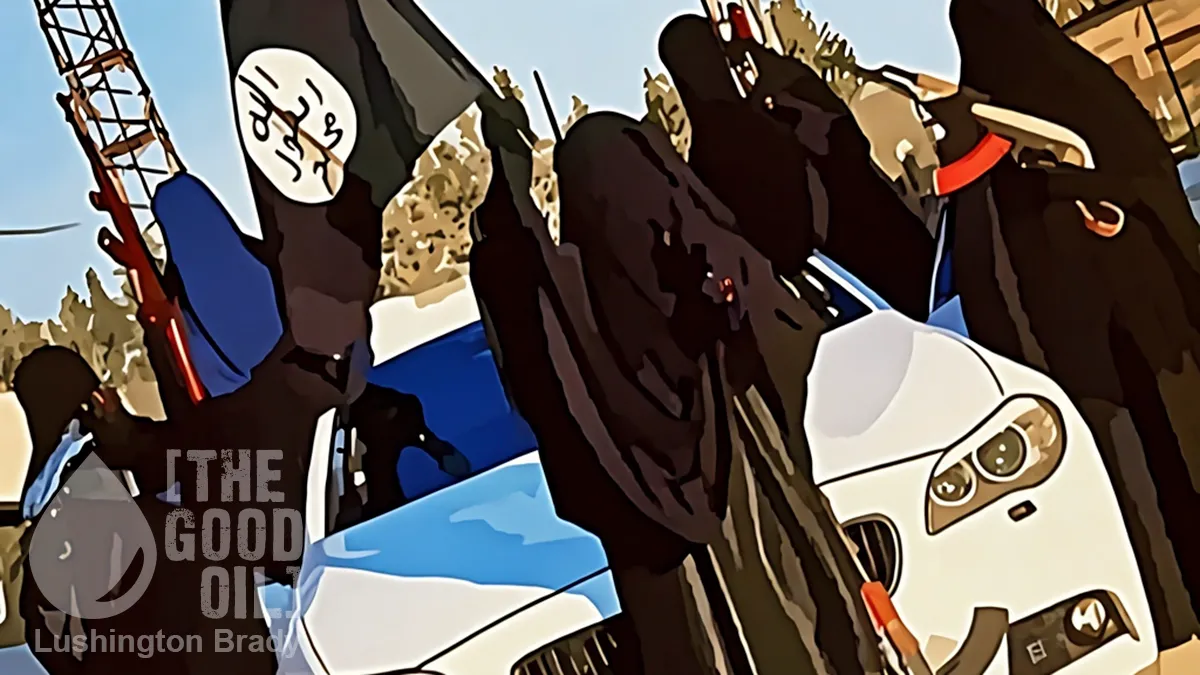Table of Contents
As recently reported for The BFD, former Australian PM Paul Keating was back in the news last week. The very person who coined the phrase “Relevance Deprivation Syndrome” was doing his best to desperately try and claw back some relevance and at the same time earn his spot on the China Development Bank board by launching a vitriolic spray at the AUKUS agreement.
But — was there any substance to Keating’s bilious rant? Or is he just another apologist for the Nazi Germany of the 21st century?
By his own account he is at odds with both sides of the federal parliament, the present Labor prime minister, foreign minister, defence minister and their cabinet colleagues, the intelligence agencies, the Department of Defence, the Australian Strategic Policy Institute, The Age, The Sydney Morning Herald, The Australian (which nonetheless gave him ample space to expound his strong opinions) and most acknowledged strategic thinkers here, in Washington and in London. That’s to say nothing of those in India, Japan, South Korea, Indonesia, Singapore and elsewhere who have made plain they understand our decision and alignment. Even the French have done so.
Still, does Keating have a point? Is the West being primed for war with China? A China, Keating asserts, that isn’t a threat to anyone. Even claims of genocide in Xinjiang, Keating claims, amount to little more than anti-China propaganda.
So, is the mighty intellect of Keating right, and everyone else in strategic circles just plain wrong?
Among Keating’s more bizarre assertions was dismissing Taiwan as a “so-called democracy”. In fact, Taiwan ranks 19th of 165 countries on the Human Freedom Index (China ranks 150th), and just ahead of the United States on UNESCO’s Democracy Index (China ranks 8th from last).
No one can call Xi Jinping’s regime democratic in any meaningful sense. During the past few decades, that very undemocratic China has undertaken the largest and most rapid peacetime military build-up in human history. It has been exporting surveillance and censorship technology around the world. It has aligned itself with Russian President Vladimir Putin’s relentless attempts to annex first parts and then the whole of Ukraine. It has militarised the South China Sea, in flat contradiction of undertakings not to do so.
It has turned from collegial to dictatorial leadership. It has engaged in ruthless repression of the Uighurs in Xinjiang and of the democracy movement in Hong Kong. It has increased its internal security budget to levels even greater than its ballooning military budget. It has embarked on systematic attempts to achieve nuclear parity with the US and naval supremacy. It is seeking to take the lead in key hi-tech sectors with strategic implications.
And its leader, Xi, repeatedly has stated that his military forces must be prepared to fight and win a war.
“Not a threat!” splutters Keating.
More telling in Keating’s diatribe was his visceral hatred of the United States and Australia’s long-standing alliance, and the bizarre idea that Australia should seek “security in Asia, rather than security from Asia”. Which means what? Given that India, Japan, South Korea, The Philippines, Vietnam and that “so-called democracy”, Taiwan, have all lined up behind the US leadership, who does that leave to seek “security in Asia” with?
If you subtract those countries from Asia, you don’t have a lot of Asia left. How can this be? The logical deduction, which Keating and his ilk appear to be comfortable with, is that “security in Asia” means security on China’s terms. But in that case, security from or against what?
The Australian
China openly seeks hegemony in Asia. But how? Openly, by force and coercion. The long-standing argument of the pro-China lobby, from retired Labor politicians like Keating and former NSW premier Bob Carr to big business, is that economic ties (or dependence) on China will, magically, create a liberalised China. Such a dream was an obvious fantasy in 1989 when the student democracy movement was literally crushed in Tiananmen Square, and it’s an even more obvious fantasy more than three decades later. Given every chance to liberalise, the Chinese Communist Party has clung to dictatorship.
No one wants a war with China. But, as anyone who’s studied martial arts knows, confident preparedness will almost always prevent a fight before it even starts. When a bully knows they’re in for a bloody nose if they try it on, they’ll almost always back down.









